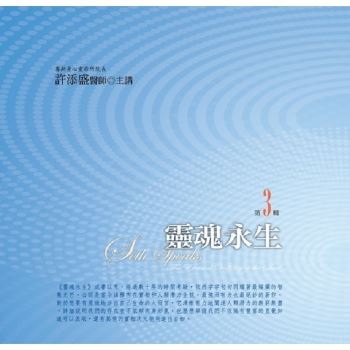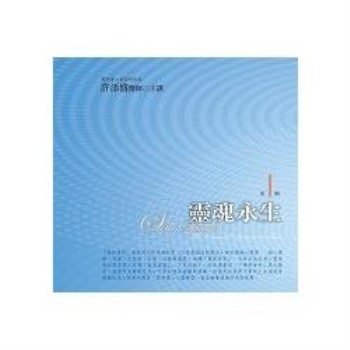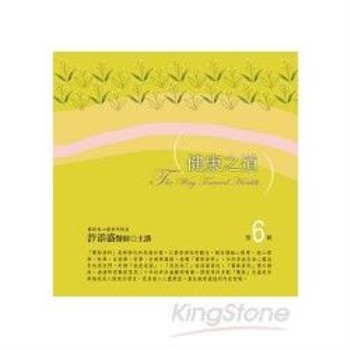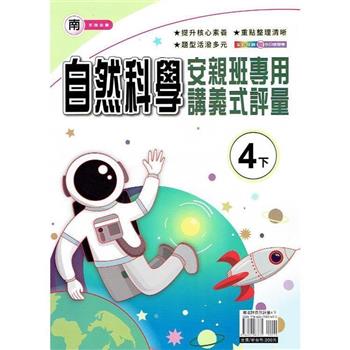Western medicine remains dominated by paradigms that separate physical and mental wellness, as if they were unrelated. This artificial boundary poses a challenge for manual therapists, as we see increasing signs of traumatic stress in the patients we serve.
Modern research concedes that the mind and body are interdependent - they work seamlessly in tandem. This is especially evident in those who have experienced trauma: Psychological trauma is often expressed in physical signs and symptoms, and physical trauma often bears psychological echoes.
What if we, as manual therapists, could integrate this research into our practices? What if we can better support trauma survivors within our scope of practice?
Manual therapists include a diverse roster of health-care professionals: from chiropractors, osteopaths, massage therapists and physiotherapists to reflexologists and craniosacral, shiatsu, and reiki practitioners. Adjacent to these are other professionals who regularly work within a patient’s personal space: dentists, midwives, nurses, paramedics, and more. A trauma-informed approach can only serve to benefit the patients who seek our support.
Touch After Trauma offers manual therapists a new clinical framework, presenting the neuroscience of trauma in plain language and weaving in principles of trauma-informed care. This forms the foundation for discussing novel treatment approaches to support a more comprehensive recovery for trauma survivors. While practical techniques are discussed in detail, this guide does not aim to be prescriptive, but rather encourages clinicians to seek alternative, creative, and collaborative solutions to support patients in their healing journey.
| FindBook |
有 1 項符合
Touch After Trauma: A Practical Guide for Manual Therapists的圖書 |
 |
Touch After Trauma: A Practical Guide for Manual Therapists 作者:Fraser 出版社:FriesenPress 出版日期:2024-07-15 語言:英文 規格:平裝 / 160頁 / 25.4 x 17.78 x 0.86 cm / 普通級/ 初版 |
| 圖書館借閱 |
| 國家圖書館 | 全國圖書書目資訊網 | 國立公共資訊圖書館 | 電子書服務平台 | MetaCat 跨館整合查詢 |
| 臺北市立圖書館 | 新北市立圖書館 | 基隆市公共圖書館 | 桃園市立圖書館 | 新竹縣公共圖書館 |
| 苗栗縣立圖書館 | 臺中市立圖書館 | 彰化縣公共圖書館 | 南投縣文化局 | 雲林縣公共圖書館 |
| 嘉義縣圖書館 | 臺南市立圖書館 | 高雄市立圖書館 | 屏東縣公共圖書館 | 宜蘭縣公共圖書館 |
| 花蓮縣文化局 | 臺東縣文化處 |
|
|
圖書介紹 - 資料來源:博客來 評分:
圖書名稱:Touch After Trauma: A Practical Guide for Manual Therapists
內容簡介
|











